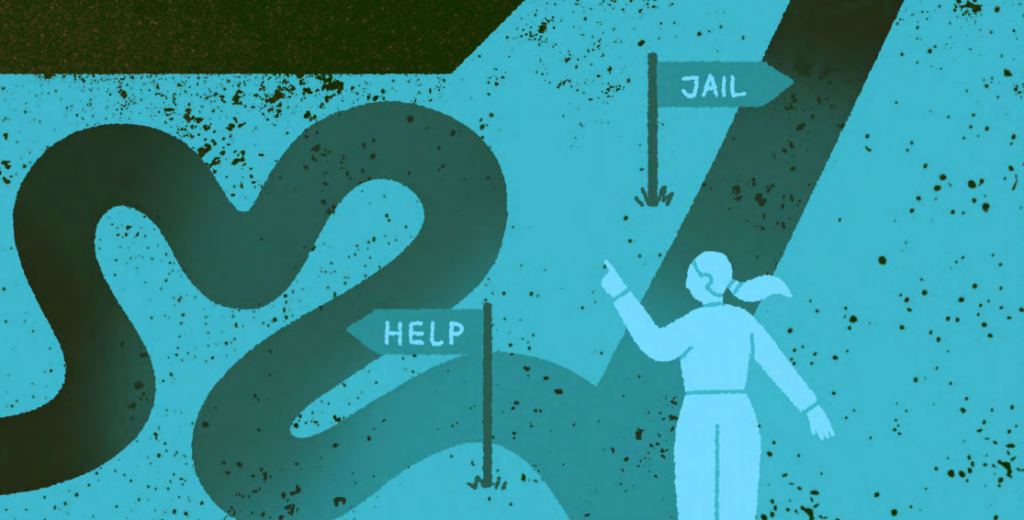Decriminalization: a path to equality and compassion
While Decriminalization is a term we all understand and agree upon as a principle, its meaning and implications vary across different communities. For some, it signifies the removal of punitive measures imposed on certain actions, behaviors or even illnesses, framing the issue as a matter of fairness within the justice system. For others, it resonates as a call for human rights and equality, recognizing the inherent dignity of every individual regardless of their choices. In yet another context, it relates to labor frameworks, bodily autonomy, and the freedom to live equally alongside other members of society, free from stigma and discrimination.
At its core, decriminalization is not about condoning or dismissing crime. It is fundamentally about people – their rights, their choices, and their ability to live without undue interference or punishment for actions that do not harm others. It is a commitment to empower individuals rather than subject them to the consequences of outdated or overly punitive systems.

In a world where every individual carries their own struggles – be it addictions, challenges, or unique life choices – it’s crucial to recognize that personal freedom and accountability must coexist with fairness. No one should face criminal punishment for acts that have no victims, acts that often stem from personal circumstances, societal pressures, or systemic inequities.
Ultimately, decriminalization is about creating an equitable society, where all individuals have access to the same rights, advantages, and opportunities, and are not disproportionately disadvantaged by laws or societal judgments. It is about fostering a culture that values compassion, understanding, and the principle that choices, when they do not harm others, should not lead to punitive measures.
By shifting the focus from crime to human dignity, we underline the importance of supporting people, and embracing the diversity of choices and behaviors that make up our society.
Definitions of criminalization and decriminalization
Criminalization refers to the legal process of making certain actions, behaviors, or identities punishable by law, typically by imposing fines, imprisonment, or other penalties. In the context of marginalized communities, criminalization often targets activities or aspects of identity that do not cause harm to others but are deemed socially unacceptable or immoral by legal systems, perpetuating stigma and systemic inequalities. This includes laws against drug use, sex work, LGBTQI+ communities, or behaviors linked to HIV transmission, among others.
Decriminalization refers to the removal of punitive legal measures imposed on certain actions, behaviors, or identities, focusing on ending laws that disproportionately affect marginalized groups. In addition to eliminating criminal penalties, decriminalization seeks to build a society based on fairness, where individuals are not punished for actions that do not harm, especially in areas related to personal freedom and labor choices.
